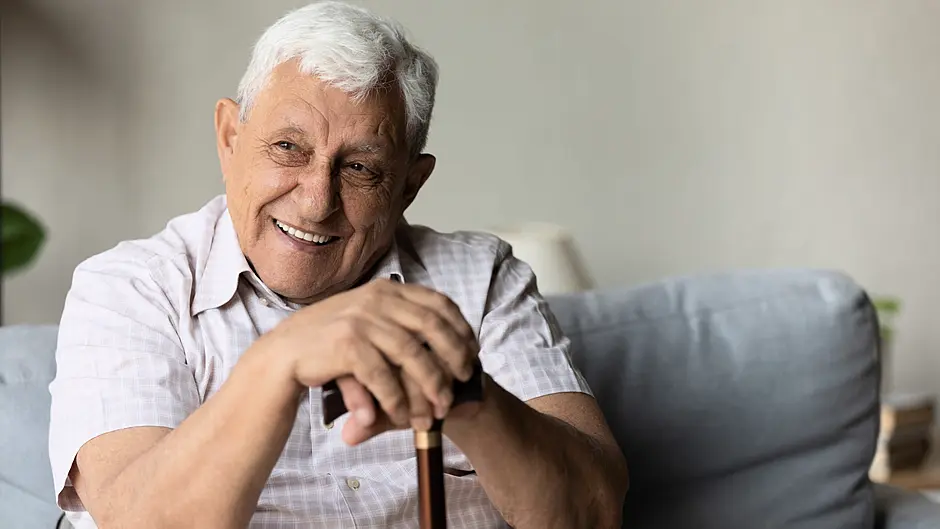
THERE is now an extra payment for people on social welfare who are living alone.
The Living Alone Increase is paid to people on certain social welfare payments who live alone. The weekly Living Alone Increase amounts to €22 per week.
If you are 66 years or over and live alone, you will qualify if you are getting one of the following payments
• State Pension (Contributory)
• State Pension (Non-Contributory)
• Widow’s, Widower’s or Surviving Civil Partner’s (Contributory) Pension
• Widow’s/Widower’s Pension under the Occupational Injuries Benefit Scheme
• Incapacity Supplement under the Occupational Injuries Benefit Scheme
• Deserted Wife’s Benefit
You will also qualify if you are under 66, live alone and are getting Disability Allowance, Invalidity Pension, Incapacity Supplement or Blind Pension.
If your pension is from another EU country, you won’t qualify for the Living Alone Increase.
Exceptions
You must live alone to get the increase in your payment. However, there are some exceptions. If you are living in an extension of a family member’s home, for example, in a granny flat, you can qualify for the increase if you can show that you have facilities to cook and eat alone. You must also have your own living/dining and sleeping
accommodation.
Can I get the living alone increase, if I live in sheltered accommodation?
If you live in sheltered accommodation, you may qualify for the Living Alone Increase if you are regarded as living independently within the institution. You can find a list of hostels and homes where the Living Alone Increase is payable on Gov.ie.
You will not qualify if you share dormitory accommodation with others or have round-the clock supervision or nursing care.
People who live in nursing homes will not qualify as they cannot be regarded as living completely or mainly alone.
You can also qualify as living alone if you:
• Are aged or infirm and have a friend or relative to stay for security reasons at night-time only (the friend or relative must not contribute to the household financially)
• Live alone during the day but stay with relatives or friends at night or if you live alone during the week but have a relative to stay at the weekend (the living alone condition is satisfied as long as the relative has a permanent home address elsewhere)
• Live alone but occasionally take in paying guests (for example, during a local festival) - but if you run a bed and breakfast business (even for part of the year) you will not qualify
• Allow somebody who is not an employee or not an immediate family member to stay in your home rent free and you would be living alone, but for that person
• Are renting for at least 28 consecutive days to somebody who is not an employee and not an immediate family member, and you would be living alone, but for that person
• Are hosting somebody from Ukraine covered by the Temporary Protection Directive and you would be living alone, but for that person.
What is the Telephone Support Allowance?
The Telephone Support Allowance is an extra payment that helps people living alone with the cost of communications or a home alert system. You will qualify for the Telephone Support Allowance if you are getting both the Living Alone Increase and the Fuel Allowance, with certain social welfare payments. The allowance is €2.50 per week and is paid with your main weekly payment. It is paid automatically, so you do not need to apply for it.
How do I apply for the Living Alone Increase?
To apply you must complete the Living Alone Increase application form, which you can get from your local Citizens Information Centre or Social Welfare office. You then send the completed form to the section of the Department of Social Protection that pays your main pension or benefit.








